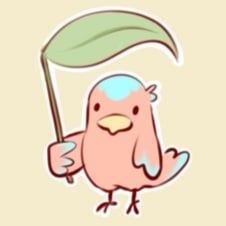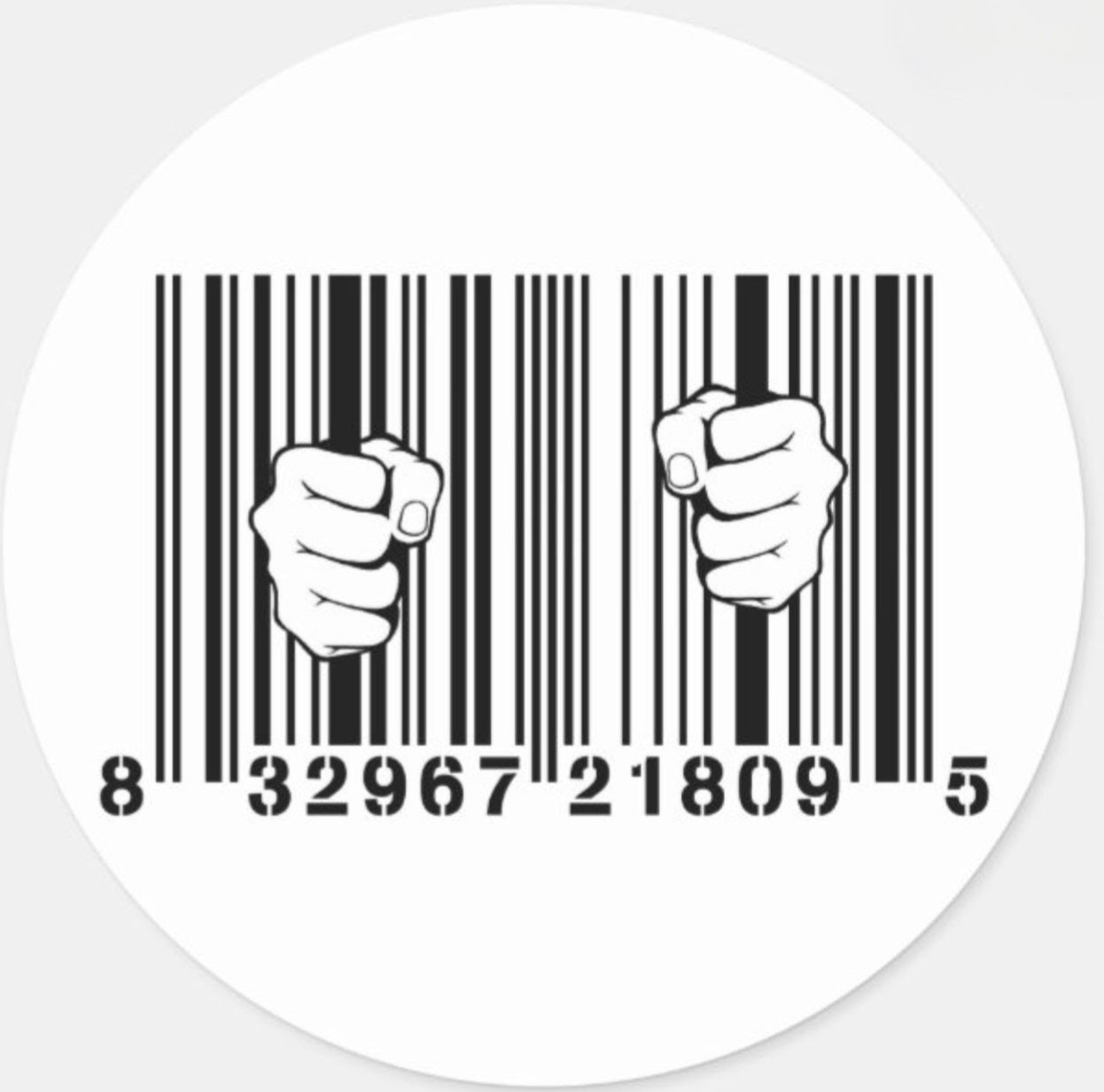

You do songs?
I’m a human being, god damn it. My life has value.


You do songs?


Can I ask if there’s a diagnosis paired with that struggle? The worksona thing is highly relatable, I’ve worked at the same place since 2017 and none of them know who I am at home


I haven’t sought any assessment for this stuff, but I have my hunches. So I don’t know if this is a thing, but every single time I appear clean and normally dressed, saying things that are agreeably sane and charming, and not talking about one topic at length or being super quiet, it is always because I have decided it is necessary.


I have to admit, for this I did use a reference. I’m trying to run before I can walk, and I’m afraid any drawings from life would disappoint. If that doesn’t deter you, feel free to send me any poses you’d like me to (perhaps badly) work from.


Totally wasted on me, but thanks for the offer! I’m still learning fundamentals like construction and shading, I don’t need to be taking up anyone’s time. 😅


Cheers, I’m not sure if it’s ‘my style’ as such but I’m working it out as I go. I like the exaggeration and softness of the look, but the notepad app is really narrow in what it can comfortably do.


I might wait a year, based on what I’m hearing. He’s already got a weird sense of humour compared to kids his age, I should probably cool it.


Yeah? Admittedly I’m calibrated to the 80s version of what “PG-13” meant. What was the most risque bit? Mine is pretty comfortable with non sexual nudity and rude humour, but anything sexually explicit he’s probably not ready.


Ooh how exciting.
I’m tempted, but I’d want to share in the fun with my kid. Anyone who’s played it, What’s the youngest you’d recommend?


Thanks, I will take that onboard for positioning it on the ereader cover. I’ve been looking at it so long now that I’m becoming numb to its ugly aspects, but it definitely hits different depending on the angle.


I knew I wasn’t the only one.
Cool sweeper game tho


Hell yeah Bastion. All Supergiant games really.


That makes sense. If there are plants above, consider framing a bit of them in for the final version, or change the web layout to match what’s there. Spiders make do with all sorts of wonky areas, after all!
Again, I really love what you’re doing here, I hope you’ll post more.


I love the idea of using negative space this way. It would be amazing if you could add more dimensionality to the background, increase the sense of perspective being the negative space so that the foreground objects create a sense of nearness.
Also, what is the web is attached to? What are the anchor points above? It’s unclear if the web is in a window or attached to plants in the garden.


Any time I hear “capitalism breeds innovation”, I feel like grabbing a chair and swinging it.


The ideological landscape could not be more topsy turvy if someone was deliberately trying to make sane conversations impossible. There needs to be some kind of grounding shibboleth that can erase all ambiguity.


He should have first recreated the carboniferous era so that the O2 levels in the atmosphere were as high as they used to be. What happened to sparing no expense?


You can’t trust the reviews, it’s true. But also, it’s very much a buyers market with games in general right now. The headline issue is only a problem if you take the side of AAA studios who have to compete with passion-driven indie projects that aren’t just out to make a buck.
I’m going to spend how much to play a game with an obligatory launcher after I already opened steam? And it’s badly optimised? 100gb you say? And I have to see ads for skins? And that’s competing with a game less than half the price that’s amazing, 3gb, no ads, and it can run on a decade old computer?
This is a big-budget problem. They made their omelette, and now they’ve got to sleep in it.


Annual operating income this year $1.5 billion.
You’re the fella who Grinch songed me!! I swear I tagged you, I blame Connect.